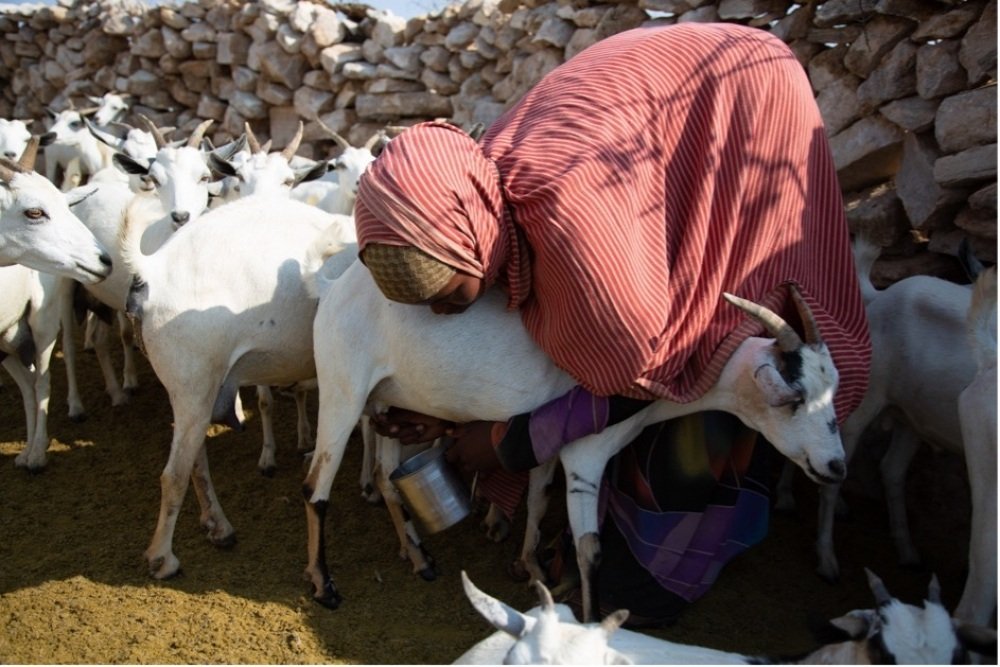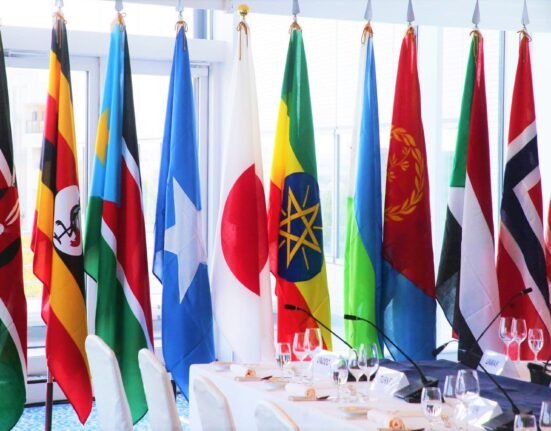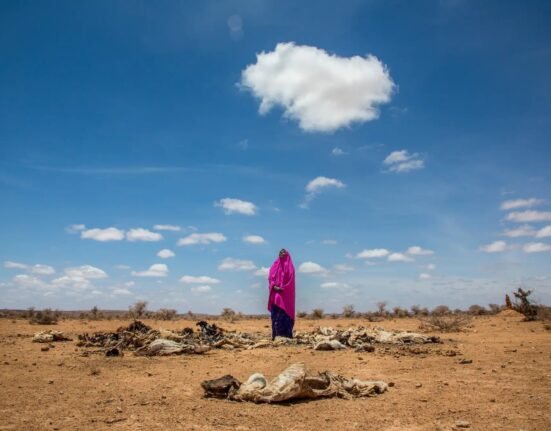Somalia, nestled in the Horn of Africa, possesses abundant and diverse natural resources that hold tremendous economic potential. From petroleum reserves and fisheries to minerals and fertile farmland, the country’s resources offer a promising path towards sustainable development. However, the challenge lies in harnessing these resources responsibly and in a manner that supports both economic growth and environmental preservation. In this article, we delve into the importance of sustainable resource management and explore strategies to ensure Somalia taps into its natural wealth without compromising its future.
1. Understanding Somalia’s Resource Potential:
Somalia is blessed with a vast array of natural resources that can fuel economic progress. The coastal areas boast untapped offshore oil and gas deposits, presenting an opportunity for energy independence and revenue generation. Furthermore, the country’s extensive coastline teems with diverse marine life, making fisheries a crucial sector for domestic consumption and exports. Additionally, Somalia’s rich mineral deposits, including uranium, gold, and rare earth minerals, hold significant potential for the mining industry. Lastly, the fertile agricultural land unlocks the ability to enhance food security, reduce dependency on imports, and fuel agro-processing industries.
2. The Case for Sustainable Resource Management:
While resource extraction can bring economic benefits, it is crucial to adopt sustainable practices to ensure long-term environmental and social well-being. By implementing responsible management strategies, Somalia can:
a) Protect the Environment: Sustainable practices minimize the ecological footprint of resource extraction, preserving fragile ecosystems and biodiversity. Careful planning, monitoring, and enforcing environmental regulations can prevent irreversible damage to land, water bodies, and marine habitats.
b) Promote Social Inclusivity: Resource exploitation should prioritize the well-being and empowerment of local communities. This involves meaningful engagement, fair compensation for land rights, job creation, and capacity building. By involving local stakeholders, resource management can contribute to poverty reduction, creating a more equitable society.
c) Ensure Economic Diversification: Over-reliance on a single resource can lead to economic volatility and hinder long-term growth. Somalia should leverage its natural resources to diversify its economy, promoting sectors such as manufacturing, tourism, renewable energy, and technology. This diversification will insulate the country from commodity price fluctuations and enhance resilience.
3. Strategies for Sustainable Resource Management:
a) Comprehensive Legal Frameworks: Establishing clear and effective legislation, regulations, and oversight mechanisms are vital. These frameworks should address environmental protection, labor rights, revenue transparency, and community participation. Implementing policies that promote responsible extraction practices will protect the environment and ensure a fair distribution of benefits.
b) Strengthening Institutions: Building strong governmental institutions and regulatory bodies capable of overseeing resource management is crucial. These institutions should be adequately funded, staffed with qualified personnel, and possess the necessary technical expertise to monitor and enforce compliance with sustainable practices.
c) Collaboration with International Partners: Somalia can benefit from working closely with international organizations and development agencies that provide expertise, technical assistance, and funding for sustainable resource management programs. Collaborations can facilitate knowledge transfer, capacity building, and promote best practices from successful case studies around the world.
The effective and sustainable management of Somalia’s natural resources is instrumental in driving economic growth, reducing poverty, and promoting environmental integrity. It is imperative for stakeholders—government, businesses, communities, and international partners—to prioritize sustainable practices that balance economic benefits with environmental responsibility and inclusivity. By harnessing its resources sustainably, Somalia can carve a path towards a prosperous and resilient future for its citizens while safeguarding its incredible natural heritage.






